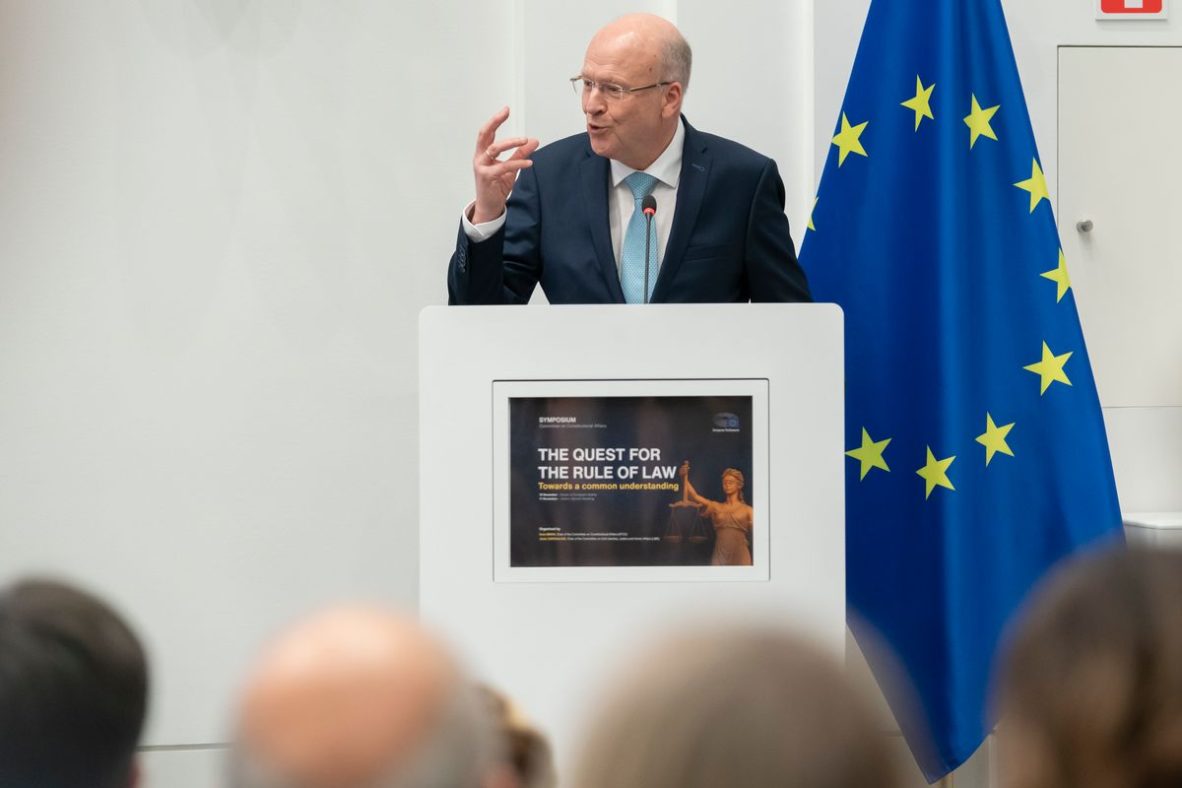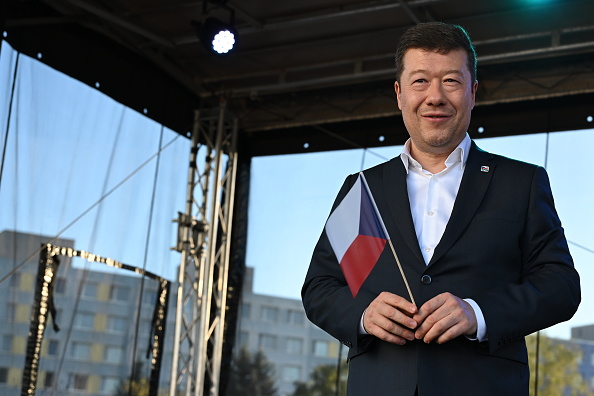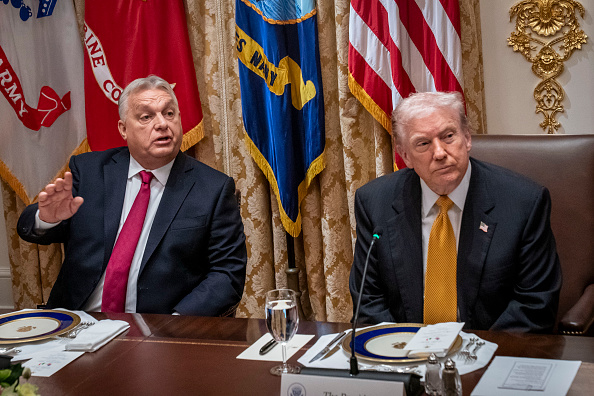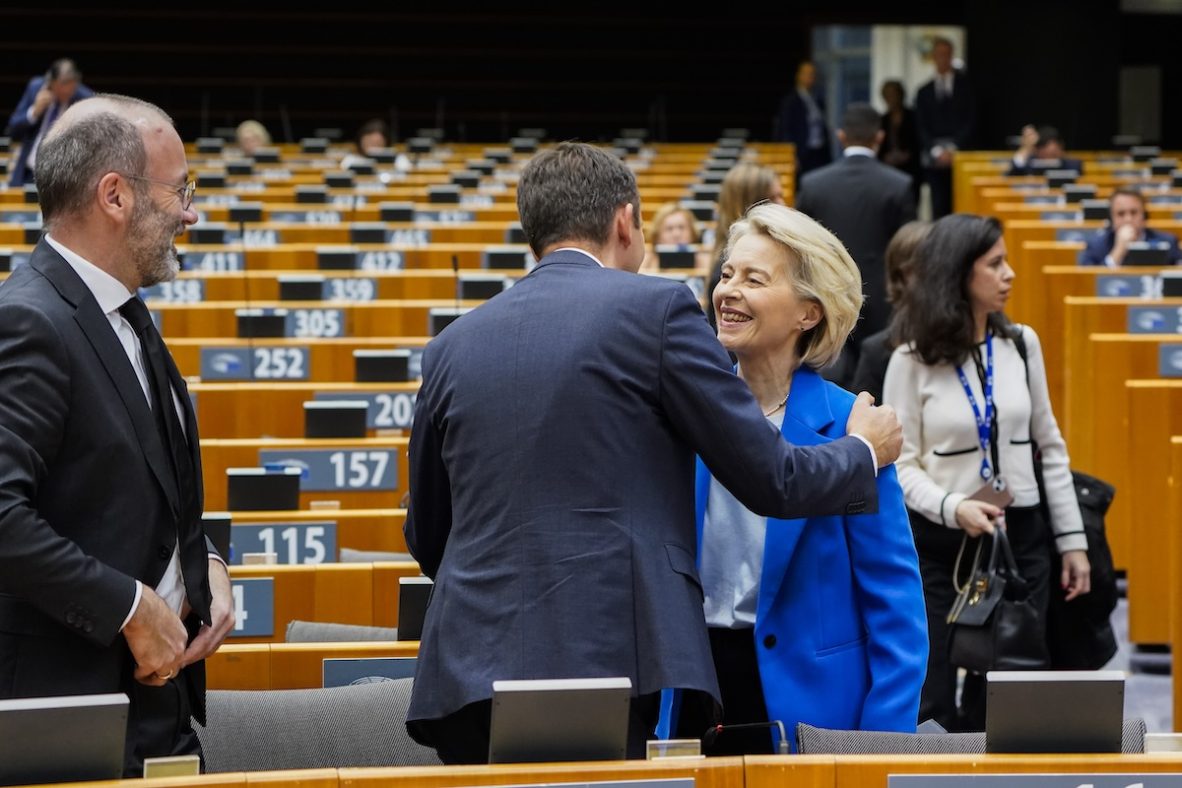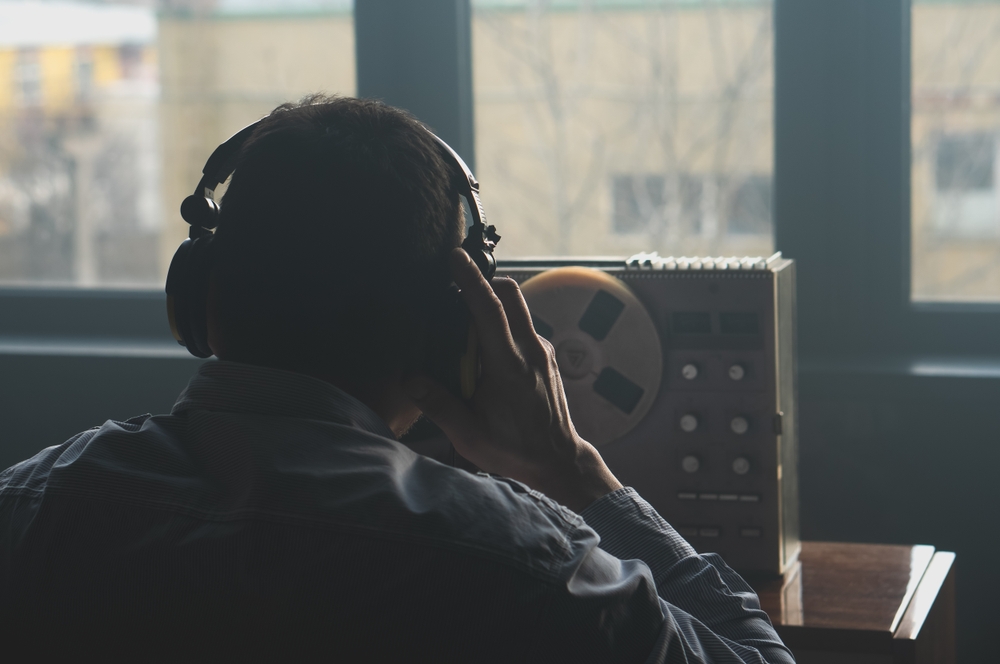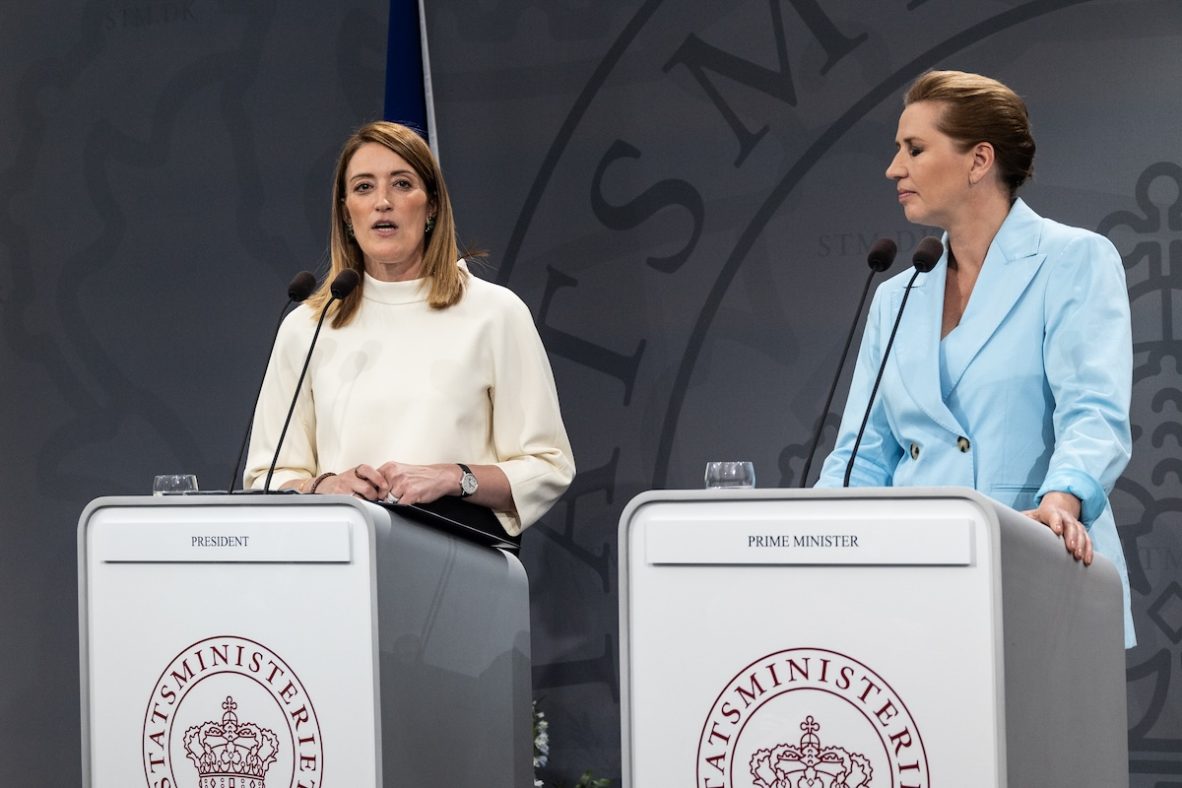Commission launches probe into alleged Hungarian spy recruitment at EU embassy
“If this is true, it would be one of the biggest scandals we have ever seen,” a veteran MEP said
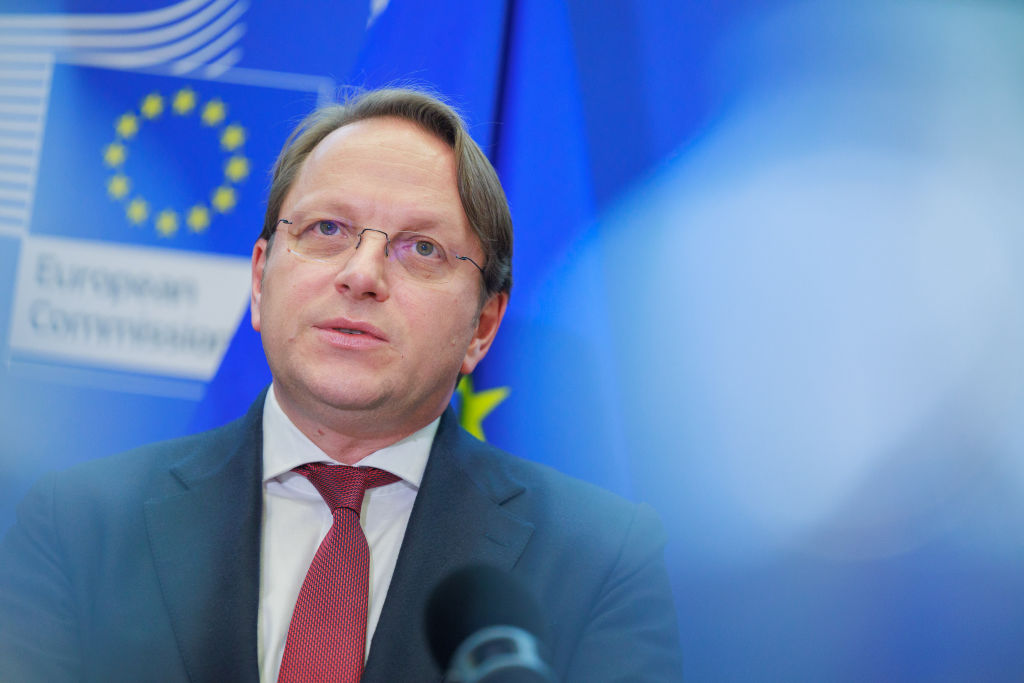
The European Commission is opening an internal investigation after revelations of alleged espionage recruitment managed from the Hungarian EU embassy in Brussels, when now EU health chief Olivér Várhelyi was in charge.
On Thursday, Austrian media Der Standard, Belgian daily newspaper De Tijd, Hungarian investigative media Direkt36, and German Der Spiegel revealed that a former Hungarian diplomat, referred to as ‘V’, had allegedly sought to recruit EU officials to spy on behalf of Budapest while working at Hungary’s EU embassy in Brussels on cohesion policy.
According to the reports, V approached officials to obtain and pass on confidential information such as meeting minutes, and manipulate documents to benefit Hungarian Prime Minister Viktor Orbán’s government, allegedly in exchange for payment.
V’s boss at the time was the then-Hungarian EU ambassador, Várhelyi, who became EU commissioner in 2019 and was reappointed for another five-year term last year.
“We will be setting up an internal group to look into these allegations,” a Commission spokesperson told journalists in Brussels following Thursday’s revelations. They did not specify whether Várhelyi would be subject to questioning himself as part of the probe, adding that there was nothing to suggest the commissioner “had violated any of the relevant obligations.”
Still, the spokesperson referred to article 2 of the Commission’s Code of Conduct, which specifies that EU commissioners should be chosen based on their “European commitment” and refrain from taking orders from any other institution or government but the Commission.
“Let me underline again that we are talking about allegations,” the spokesperson added, saying that Commission President Ursula von der Leyen has been briefed on the matter. The Commission denies that it knew about the activities before Várhelyi’s appointment.
In Parliament, Socialist veteran Elio Di Rupo floated the creation of a parliamentary committee of inquiry, to look into the matter. “If this is true, it would be one of the biggest scandals we have ever seen,” he told colleagues in the hemicycle in Strasbourg.
Nicoletta Ionta contributed to reporting.
(mm)




